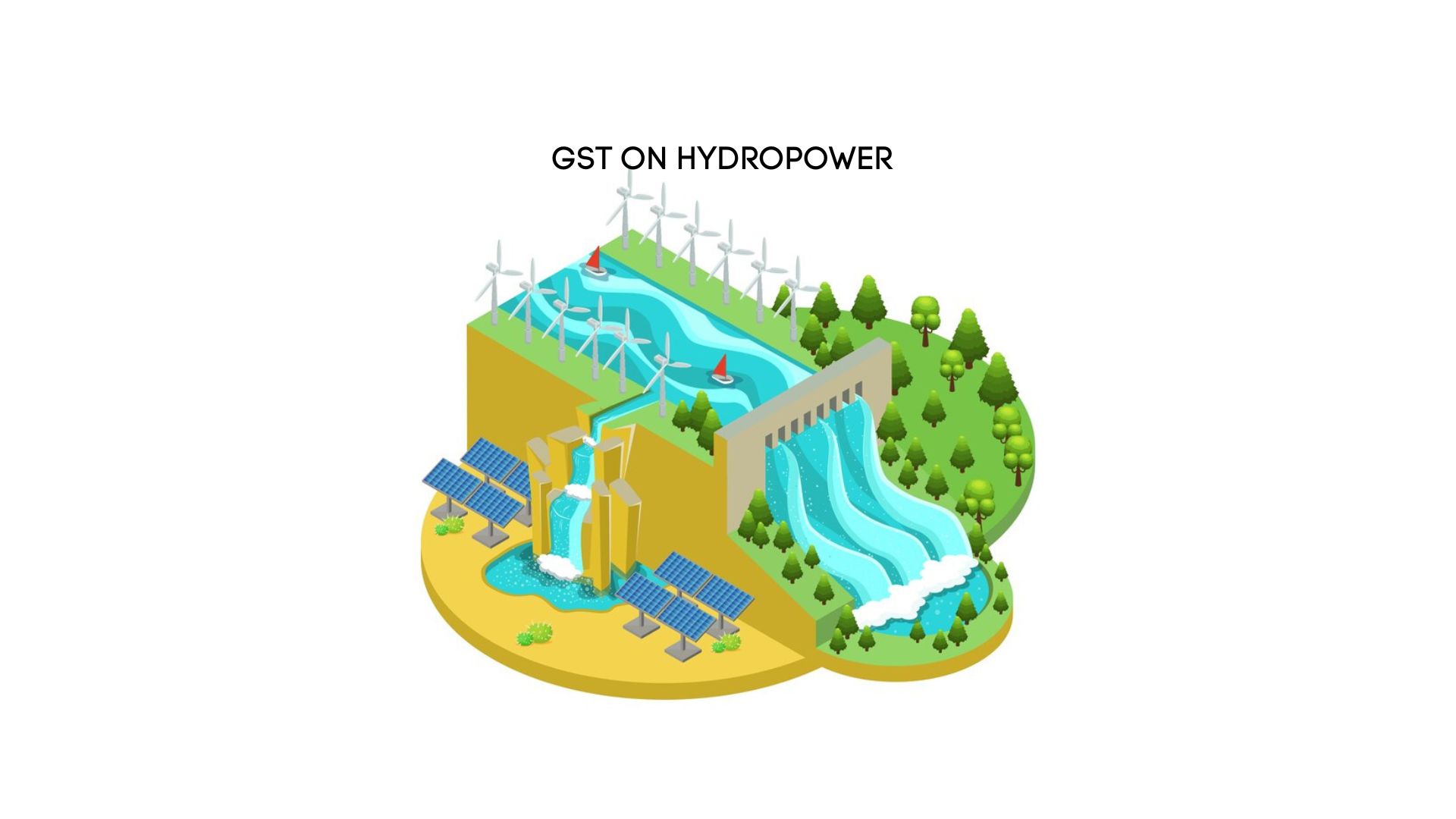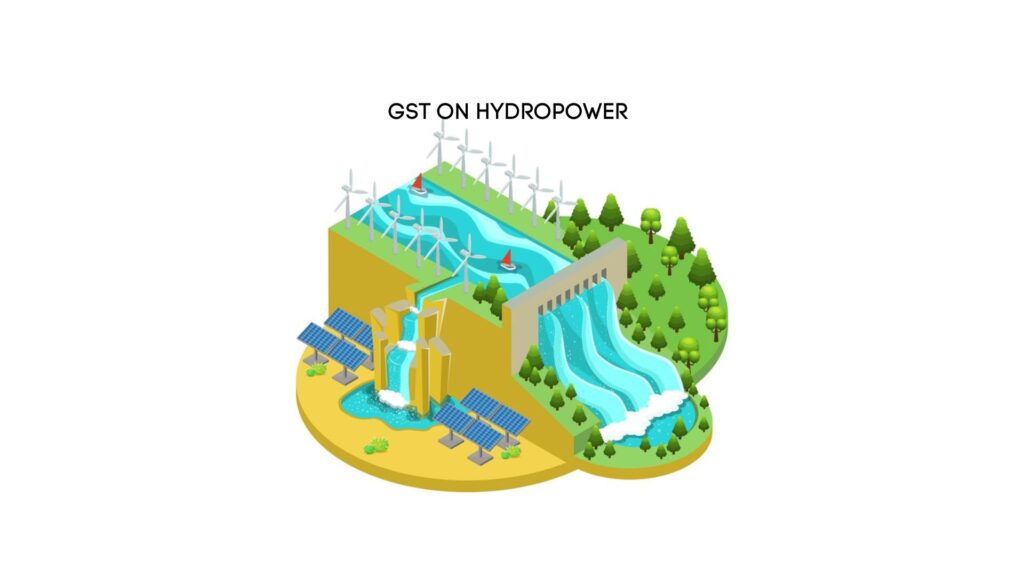
23 May Green energy research report calls for GST cut on hydropower, wind projects

A study by the Institute of Energy Economics and Financial Analysis (IEEFA) and JMK Research has outlined several recommendations to help India achieve its target of 500 gigawatts (GW) of renewable energy capacity by 2030.
One of the top suggestions is reducing the Goods and Services Tax (GST) on hydropower and wind projects to ease financial pressure on developers and make these projects more affordable. The study recommends lowering the GST on hydropower project components from the current 18-28 percent to 12 percent and reducing the GST on wind projects from 12 percent to 5 percent.
The report also advocates for maintaining the tax rate on the energy storage sector below 5 percent for the next five years. Specifically, it suggests applying a 5 percent GST rate to the sale of Battery Energy Storage Systems (BESS) integrated systems and BESS components, such as batteries and cell modules.
In addition to tax reductions, the report calls for various improvements in the green power sector, including the solar photovoltaic (PV) supply chain, utility-scale renewable energy, and rooftop solar installations. In the fiscal year 2023-24, India added just over 18 GW of renewable energy capacity. Investment in the sector also saw a slight decline from $11.7 billion in FY2022-23 to $11.4 billion in FY2023-24.
To meet its renewable energy goals, the report emphasizes that India must accelerate its efforts, requiring more than 2.5 times the installations compared to the previous fiscal year. Other recommendations include extending the 100 percent exemption on inter-state transmission system (ISTS) charges until 2030, eliminating reverse auctions for wind tenders, and adopting new financing structures, such as an Infrastructure Investment Trust (InvIT), to address funding challenges in open access projects.
The report also advises the Ministry of Power to pilot a power exchange-based Contract for Difference (CfD) project for a small renewable energy capacity to showcase its potential and address the underutilized power exchange market.
Additionally, the study suggests expediting the visa approval process to avoid delays in the expansion plans of Indian manufacturers setting up solar manufacturing plants. This is particularly crucial due to the difficulties in acquiring visas for skilled Chinese technicians amid ongoing socio-political tensions between China and India.


No Comments